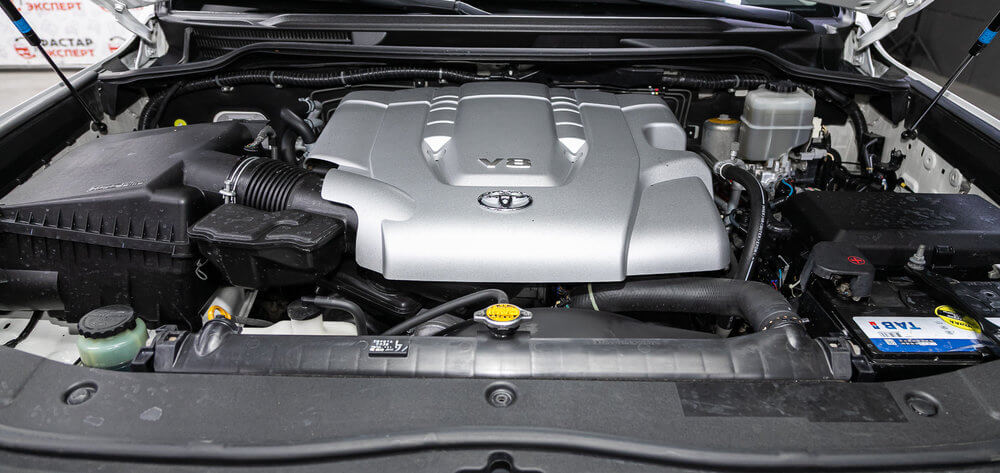How Much Is A V8 Engine Swap?

The cost of a V8 engine swap can vary significantly depending on several factors, including the type of vehicle, the source of the engine, the complexity of the installation, and whether you do the work yourself or hire a professional mechanic.
Here are some of the key factors that can influence the cost of a V8 engine swap…
- Type of Vehicle – Swapping a V8 engine into a smaller or less common vehicle may require more modifications and fabrication work, potentially increasing the cost.
- Source of the Engine – The cost of the V8 engine itself can vary based on factors like its condition (new or used), brand, and model. High-performance or specialty V8 engines can be more expensive.
- Labor Costs – If you hire a professional mechanic to perform the engine swap, labor costs can be a significant part of the total expense. The hourly labor rate of the mechanic and the estimated number of hours required for the swap will impact the cost.
- Parts and Components – In addition to the engine, you may need various parts and components, such as engine mounts, transmission adapters, exhaust modifications, wiring harnesses, and cooling system upgrades. The cost of these parts can add up.
- Custom Fabrication – Depending on the vehicle and engine combination, custom fabrication work may be needed for components like motor mounts, headers, exhaust systems, and transmission mounts. Custom work can increase the cost.
- Transmission Upgrades – Swapping to a V8 engine may require changes or upgrades to the transmission to handle the increased power and torque. This can add to the overall cost.
- Electrical and Wiring – Ensuring that the new engine integrates properly with the vehicle’s electrical system can be complex and may require additional wiring and components.
- Tuning and Calibration – After the engine swap, the vehicle’s ECU (Engine Control Unit) may need to be reprogrammed or tuned to optimize performance and ensure proper operation.
- Certification and Compliance – Depending on your location and local regulations, you may need to have the engine swap certified or inspected, which can involve additional costs.
- Additional Upgrades – Many enthusiasts choose to make other upgrades to the vehicle during an engine swap, such as suspension modifications, brake upgrades, and interior enhancements, which can add to the total cost.
Given the wide range of variables involved, it’s challenging to provide a specific cost for a V8 engine swap without more details about the vehicle and the desired engine. It’s advisable to consult with experienced mechanics or specialty shops that have expertise in engine swaps for accurate cost estimates based on your specific project.
